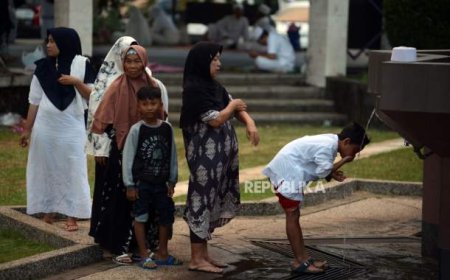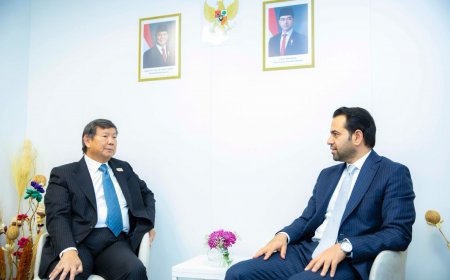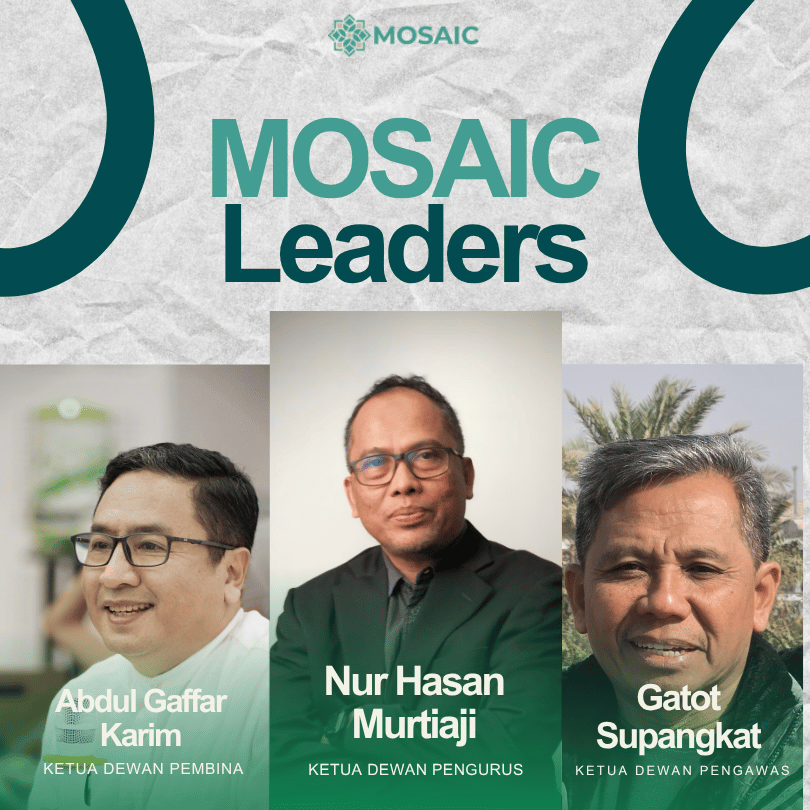Inspiring story at COP29: How Muslim communities become part of climate solution
Through faith-based initiatives, GreenFaith and Muhammadiyah create trusted and impactful community relations.
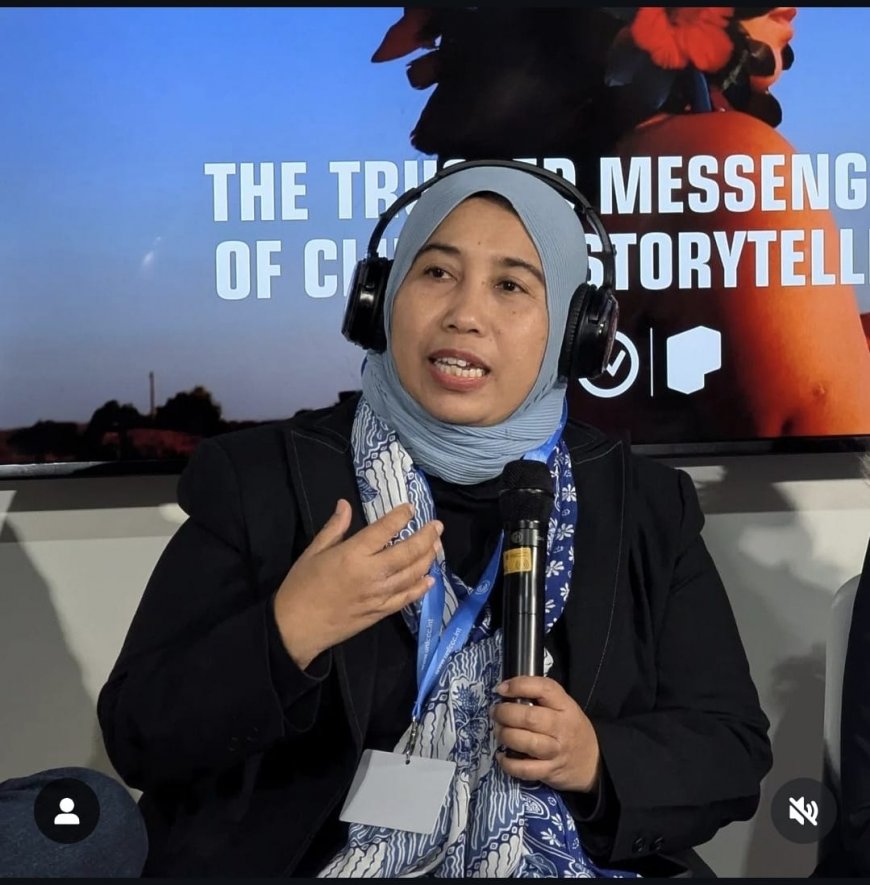
MOSAIC-INDONESIA.COM, JAKARTA — As the second largest Muslim population country in the world, Muslims in Indonesia are considered to have an important role in implementing climate action. Moreover, Indonesia, which has 277 million Muslim inhabitants (as of 2023), has an Islamic organization with deep social roots.
Director of GreenFaith Indonesia Hening Parlan expressed the importance of mobilizing Islamic organizations to address environmental issues and promote climate action. “By engaging religious leaders and communities, Green Faith is pushing for a sustainable future based on ethical responsibility and concern for creation,” Hening Parlan said in his material presented at a meeting at Committee of Parties (COP) 29 in Baku, Azerbaijan, this November.
Hening, who is the Vice Chairman of the Environment Assembly (MLH) of PP Muhammadiyah explained that the religious community brings a trusted relationship and has long been established in society. This makes them strong advocates for climate change awareness.
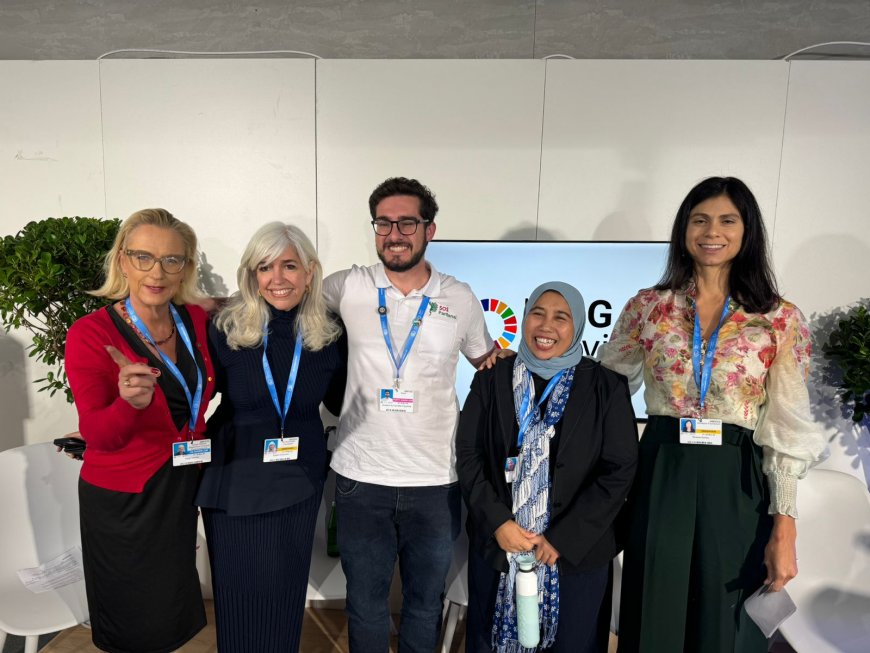
She said, Islamic values, as promoted by Muhammadiyah, reinforce responsibility for the climate. These teachings emphasize stewardship, harmony with nature, and concern for creation, which are aligned with the principles of environmental sustainability.
Hening said the link between religion and the environment offers an inspiring framework for meaningful climate action, especially in Muslim-majority Indonesian society. She explained that through faith-based initiatives, GreenFaith and Muhammadiyah create trusted and impactful community relationships.
“Their work builds bridges between religious values and environmental responsibility, encouraging community members to take action on climate issues with the moral support of their religion,” she said.
These values were even used as guidelines through Ijtihad in the form of religious fatwas. Hening exemplifies two recently published ijtihad: the Fatwa on Mining and the Urgency of Energy Transition and the Fiqih on the Just Energy Transition.
Hening explained that the first fatwa was Muhammadiyah's stance against environmental degradation caused by extractive industries. This fatwa emphasizes moral and ethical responsibility in resource utilization and underscores the urgency of the transition to sustainable energy sources.
According to her, the environmental damage and social injustice often associated with mining led to the fatwa being published. The fatwa calls on communities and stakeholders to prioritize renewable energy investments and pursue an energy future that respects ecological balance and the rights of future generations.
The second Ijtihad, Hening said, Muhammadiyah created a religious-based framework to deal with the ethical dimensions of energy use and environmental management. This fiqih underscores the importance of equality and social justice in the energy transition process, advocating policies and practices that minimize damage to vulnerable communities while advancing renewable energy.
Rooted in Islamic teachings, this approach aligns moral obligation with sustainable development, calling for a collective movement toward an energy system that respects human dignity and environmental balance.
In addition to religious ijtihad, Muhammadiyah has diverse sustainable environmental programs. One of the most recent is the Waqf Forest. The initiative, which has actually started in several places in Indonesia, will be carried out in the work area of the Muhammadiyah Regional Manager (PWM) of Central Java.
According to Hening, waqf forests are not intended to reduce deforestation, one of the sources of climate change, but to mitigate civil society by reforestation through forest formation or tree planting on previously unused land. “The Waqf Forest Program is one form of implementation of the waqf concept that can be an instrument in support of environmental preservation,” she said.
Hening said that the Waqf Forest is an innovation in the field of waqf empowerment. From the ecological aspect, waqf forests play a role in maintaining the stability of the microclimate, preserving biodiversity, conserving water, and preventing natural disasters. In terms of regulation, the waqf forest falls under the category of 'waqf for other general welfare which does not conflict with sharia and statutory regulations.
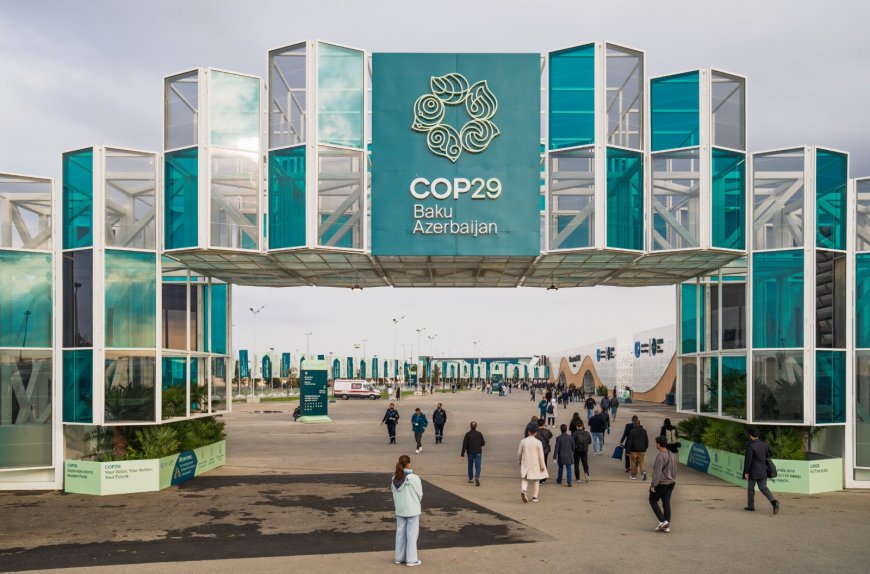
In addition, Hening said, there are various initiatives undertaken such as tree planting and nature conservation, green mosques, Islamic green schools, and economic initiative programs.
Not only that, she explains, culture is also an important communication factor for environmental messages to be absorbed. GreenFaith and Muhammadiyah prioritize understanding and integrating local cultural values into their messages. Religion-based organizations focus on storytelling, rituals, and community gatherings to communicate the importance of climate action, making the message more relevant and engaging.
Furthermore, Hening said, trying to maintain public interest in climate issues is a challenge, especially when economic pressures compete with environmental concerns. She explained that GreenFaith and Muhammadiyah address these challenges by framing climate responsibility as a shared duty to society and future generations.
According to her, faith and hope are essential to sustaining long-term climate action. GreenFaith and Muhammadiyah use faith-centered messages, emphasizing resilience and the belief that every small action contributes to a larger goal. “This helps people stay motivated despite setbacks,” she said
To do the communication strategy, Hening cites Purpose, a global campaigning organization, which uses a narrative strategy that balances urgency with expectation. According to him, GreenFaith and Muhammadiyah also eschew apocalyptic language and promote a positive vision for a sustainable future. “Keeping the message hopeful encourages continued engagement, even in difficult times,”she explained.
According to Hening, messengers especially those with religious backgrounds should be trusted given that he played an important role in reshaping the climate narrative. By basing climate messages on shared values, they reach audiences in deeply touching and personal ways and encourage sustainable action.
Linking climate action to community values, she explained, builds a strong foundation for sustainable engagement. “And remember collaboration is a must,” she said.

